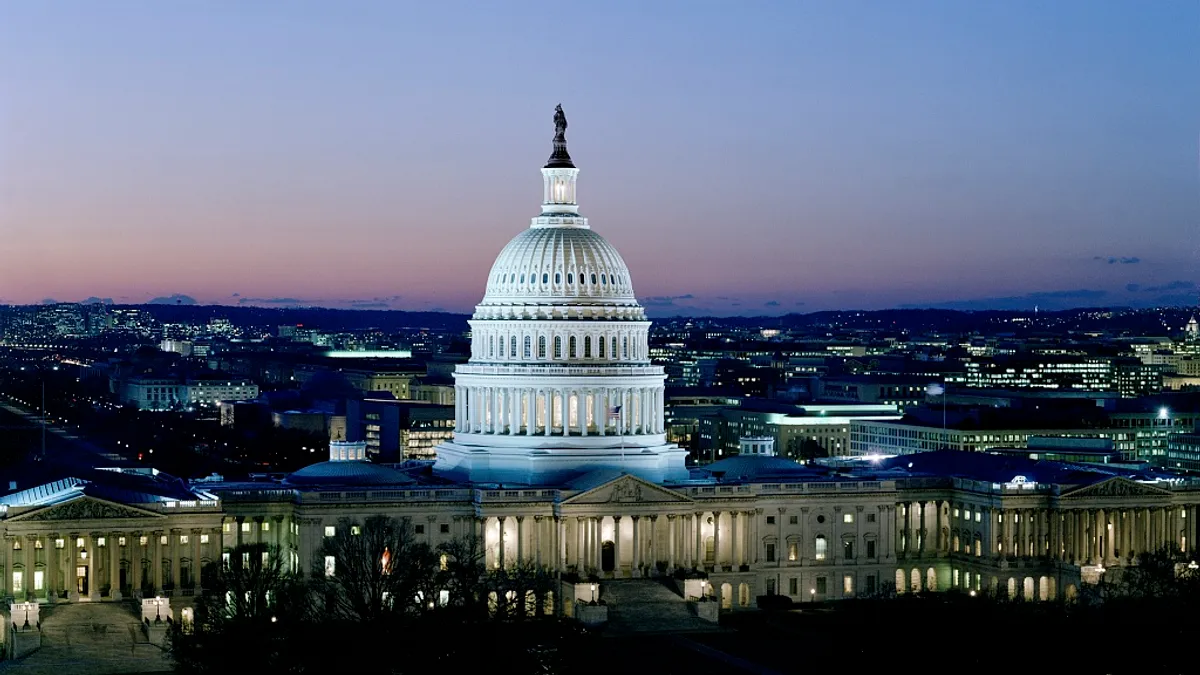Dive Brief:
- The budget Congress agreed on in December includes extra money for research in health, energy, and agriculture along with an increase in the maximum Pell grant to $5,915, among other changes.
- The Columbus Dispatch reports the $2 billion increase in funding for the National Institutes of Health represents a boost after years of stagnation, giving researchers better chances for competitive grants.
- For-profits will be disappointed that Obama’s “gainful employment” regulations did not get blocked by the budget, but schools of all types can be pleased with a provision that allows more students without high school diplomas to get federal student loans for college-level programs because of an expanded definition of career pathways in the “ability-to-benefit” program.
Dive Insight:
In many ways, the budget deal Congress passed in December is a win for education. Increased spending extends down to the K-12 sphere in addition to helping higher ed. While many programs are not seeing pre-2010 levels of funding, the 2016 spending plan is a step in the right direction — at least in some ways.
For-profit colleges took a hit when it comes to gainful employment. Many in the industry thought Congress might be able to block Obama’s enforcement plans by specifically prohibiting federal money for these purposes in the funding bill for the U.S. Department of Education. Earlier versions of the spending bill had these restrictions. The final bill, however, keeps gainful employment in place for now.














